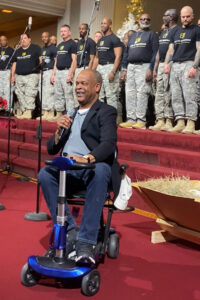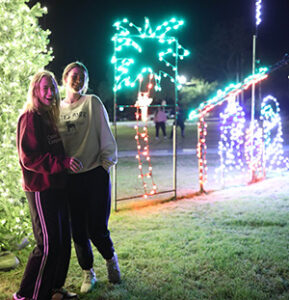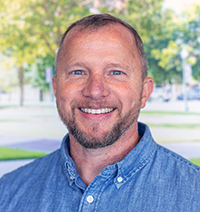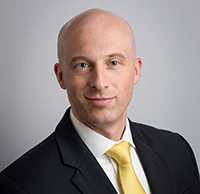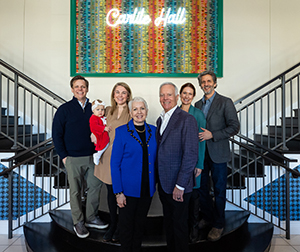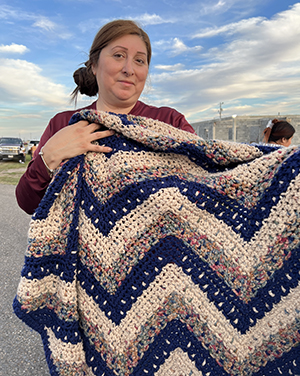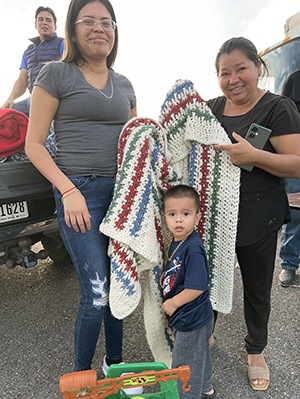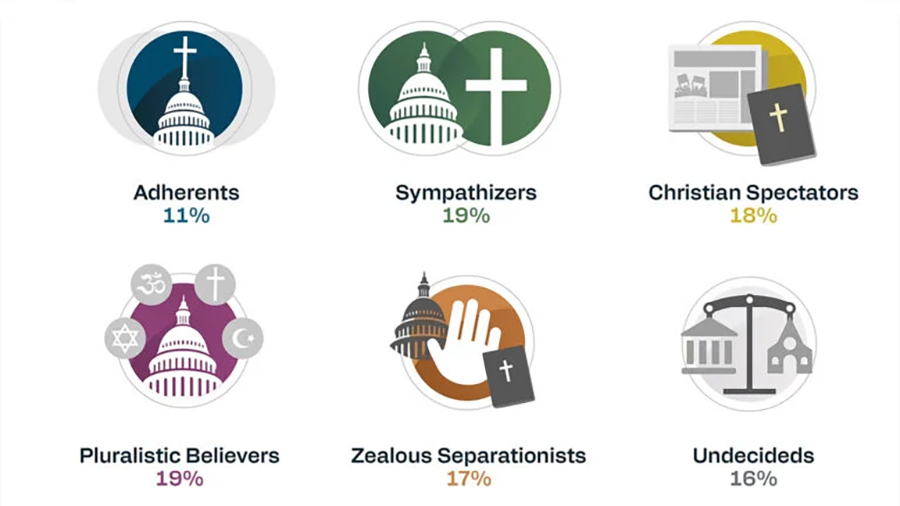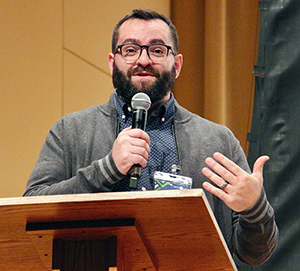Baptists among Nigerians killed in Christmas Eve attacks
A Baptist pastor and his wife were among nearly 200 Nigerians killed in a series of coordinated attacks that began Christmas Eve.
Militant Fulani militia targeted more than two dozen predominantly Christian communities in Central Nigeria’s Plateau State, starting at about 10 pm. on Christmas Eve and continuing into the early hours of Christmas morning.
Nine members of the Nasara Baptist Church—including Pastor Solomon Gushe and his wife—were killed in the assault on Dares in the Bokkos local government area. Convention leaders cancelled a planned Dec. 27 Christmas celebration in response to the attacks.

“In Nigeria, the bells of Christmas turned into wails of mourning as Baptists and Christians faced the reality of attack and persecution,” said Elijah Brown, general secretary of the Baptist World Alliance.
“We mourn with these faithful families. We join with the Nigerian Baptist Convention in calling upon the Nigerian government to launch an immediate and thorough investigation that holds those responsible to judicial accountability.”
The Nigerian Baptist Convention issued a public statement condemning “the wanton killings of Christians and the destruction of churches by the Fulani militia.”

Israel Adelani Akanji, president of the Nigerian Baptist Convention, called on security agencies to bring the perpetrators of violence to justice, and he urged President Bola Tinubu to “provide necessary security to all Nigerians.”
The statement from the convention noted Akanji believed the Fulani militia “decided to strike during the Christmas celebration when people are in the mood of giving thanks to God for the birth of our Lord Jesus Christ.”
Musa Ashoms, commissioner of information and communication for Plateau State, reported 195 deaths due to the attacks. Amnesty International Nigeria reported more than 190 killed, while the Nigerian Red Cross confirmed 161 deaths and more than 32,000 people affected. At least 300 people were injured.
Caleb Mutfwang, governor of Plateau State declared a week of mourning from Jan. 1 to Jan. 8, encouraging “all citizens to use these days for intense prayers to seek the intervention of the Almighty God in defending our territories against wicked men that have risen against us.”
While some groups have dismissed the violence in Nigeria as a “herder-farmer clash,” the governors of the nation’s north central states disputed that characterization, said Dawari George, director of the 21Wilberforce Global Freedom Network Africa, who is based in Rivers State, Nigeria.
George joined in calling for a thorough investigation into the attacks and for the Nigerian government to take firm and decisive action.
“This is one attack too many. It is an attempt to stifle a people’s means of livelihood, wipe out a people, their history, religion and identity,” George said.
“The attack was premeditated, with intelligence on the imminent attack known to authorities, and with no action taken until the attack occurred. This requires an investigation by unbiased international organizations and the Nigerian government.
“The impunity of the perpetrators and the kid-gloves response of the government sets the stage for future occurrences if left unchecked.”
‘Cycle of impunity’
Volker Türk, United Nations High Commissioner for Human Rights, issued a statement Dec. 28 urging government officials in Nigeria to stop the “devastating violence” in its central region and hold perpetrators accountable.
 “I call on the Nigerian authorities to investigate this incident promptly, thoroughly and independently, consistent with international human rights law, and to hold those responsible to account in fair trials,” Türk said.
“I call on the Nigerian authorities to investigate this incident promptly, thoroughly and independently, consistent with international human rights law, and to hold those responsible to account in fair trials,” Türk said.
“The cycle of impunity fueling recurrent violence must be urgently broken. The government should also take meaningful steps to address the underlying root causes and to ensure nonrecurrence of this devastating violence.”
Mervyn Thomas, founding president of Christian Solidarity Worldwide, likewise deplored the “appalling violence” and urged Nigerian authorities to ensure “the security and welfare” of their nation’s citizens.
“We extend our deepest condolences to those bereaved in this appalling violence, which was timed to disrupt the festive season in predominantly Christian areas,” Thomas said.
“The fact that such enormous loss of lives and property occurred before security forces responded in sufficient numbers is indicative of the lamentable ongoing failure of successive federal and state authorities to uphold the Nigerian Constitution by ensuring the security and welfare of citizens as their primary purpose.
“CSW concurs with High Commissioner Türk’s call for the cycle of impunity to be broken and urges the Nigerian authorities, once again, to prioritize the pursuit, arrest and prosecution of these terrorists, seeking international assistance when needed. It is also vital that members of the international community significantly increase their efforts to assist Nigeria in this endeavor, and to hold the authorities accountable for any failure to protect its citizens.”
Not the first attack during the Christmas season
Last month, more than two dozen faith leaders and human rights advocates sent a letter to Congress encouraging U.S. lawmakers to take action regarding religious persecution in Nigeria.
They noted 5,000 Christians in Nigeria had been killed for their faith in 2022, and about 17,000 churches had been burned or attacked since 2009.
The faith leaders joined the U.S. Commission on International Religious Freedom in calling for the State Department to designate Nigeria as a Country of Particular Concern and to appoint a special envoy for Nigeria and the Lake Chad Region. The CPC designation is reserved for nations that engage in or tolerate “systemic, ongoing and egregious violations” of religious freedom.
Frederick A. Davie, vice chair of the commission, expressed concern in mid-December about the frequency of violence in Nigeria and the potential for escalation around Christmas.
“This momentum is not stopping, and we cannot stand by and watch more Nigerians being targeted on the basis of their faith, especially as we near the holiday season, where we have seen this escalation in the past,” Davie said.
In 2020, at least a dozen Christians were killed and several churches burned on Christmas Eve. The previous year, terrorists released a video of 11 hostages being executed on Christmas Day.








 Church leaders often fear creating a scandal or accusing someone who may be innocent, said Hinton, who frequently advises churches on how to respond to abuse. Leaders often feel they have done the right thing by reporting to police, but he said their work is not complete at that point.
Church leaders often fear creating a scandal or accusing someone who may be innocent, said Hinton, who frequently advises churches on how to respond to abuse. Leaders often feel they have done the right thing by reporting to police, but he said their work is not complete at that point.